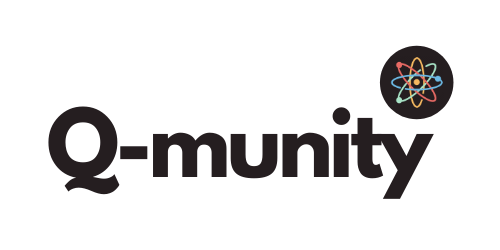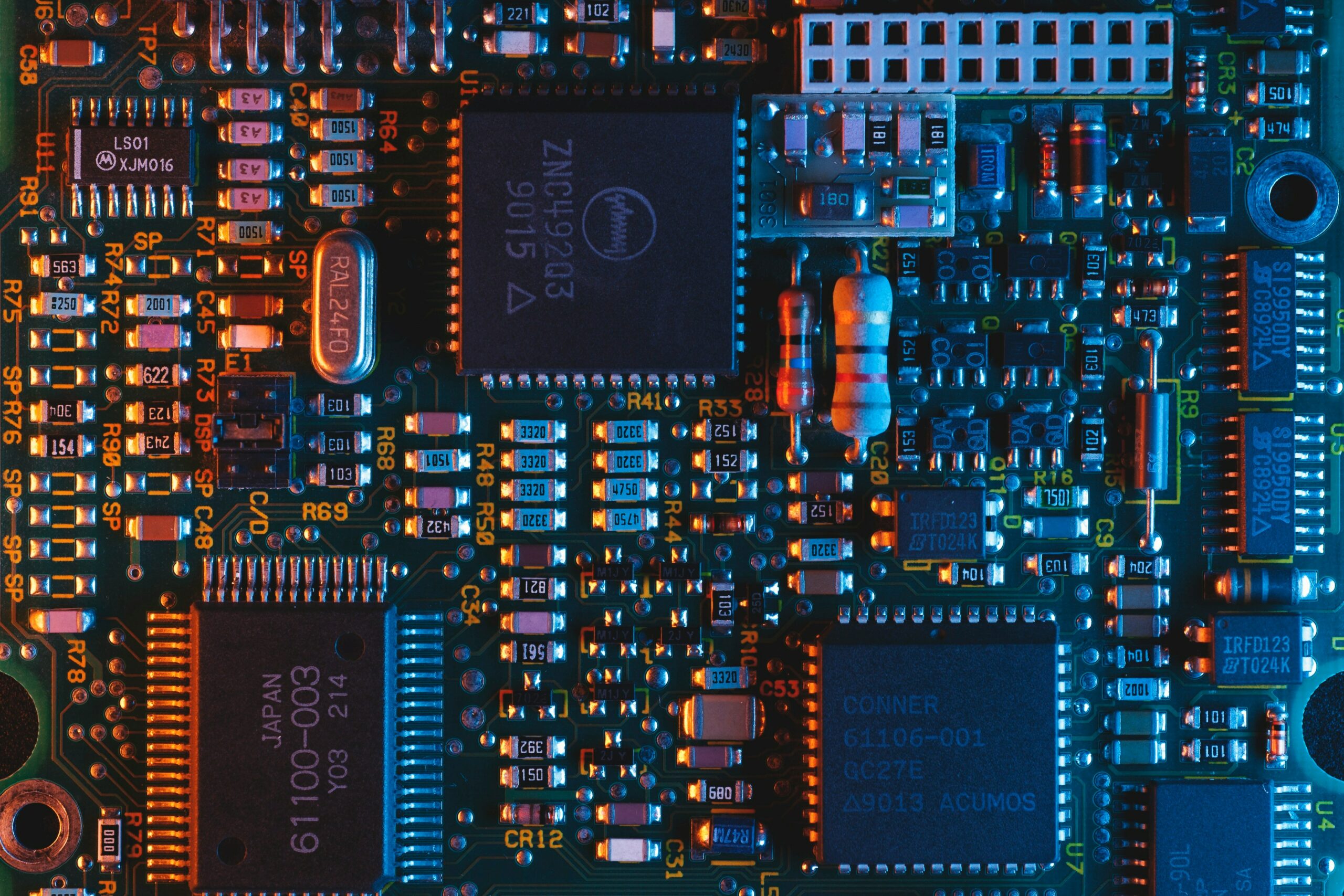The field of modern technologies is competitive. A certification indicating a certain skillset or completion of a reputable course could be the tipping point on your college, internship, or research program application. However, quantum computing is a new field. As such, a standard certification method has yet to be established internationally. We explore four common places where students and professionals alike obtain their quantum computing certifications.
IBM Quantum Badges
IBM is an international leader in quantum computing education, algorithm, and hardware development. Over the last few years, they have introduced their badge system to users who engage in quantum computing.
These badges follow the completion of a certain set of criteria specific to the badge. IBM offers courses – including “Basics of Quantum Information” and “Variational Algorithm Design” – that reward badges with adequate completion. View the full set of courses here.
Other badges are used to encourage engagement with IBM’s Qiskit language (as a Qiskit Advocate) and the wider public (as an IBM Quantum Associate Ambassador). All of these badges demonstrate a deep interest in quantum computing, and also the existence of essential knowledge in the field.
Qubit by Qubit Course Certificates
Every person needs to start somewhere when learning quantum computing. If you are currently a high school or college-age student (or if you’re feeling young), the Qubit by Qubit programs may offer certifications that could be of interest to you.
Attendees are given access to hands-on labs and lectures by respected instructors – and a community of thousands of like-minded students. Upon successful completion of the requirements of their introduction to quantum computing courses, you will receive a certificate.
Further certificates of completion may be achieved through their Foundations of Quantum Computing with Google Quantum AI course, among others. While these are courses – and not professional certifications – they demonstrate an extended interest in quantum computing.
For students, this is especially valuable in building their credentials and foundations for future quantum computing work.
MIT xPro Quantum Computing Course Certification
For a more industry-oriented certification, quantum computing courses hosted by MIT xPro are worth investigating. Two courses are offered: “Introduction to Quantum Computing” and “Quantum Algorithms for Cybersecurity, Chemistry, and Optimization”. The former is a business-oriented overview of quantum computing. The second course – considered part two in the series – is far more technical. It discusses industry-specific applications in an in-depth manner.
Unfortunately, these courses are costly. At the moment, the cost is marked at $2,419. Nonetheless, they are taught by renowned quantum researcher Isaac Chuang and much more vetted than the standard course. The prestige carried by MIT certainly extends to the certification’s impact in the business world.
EdX Course Certifications
For a more cost-effective approach, the EdX platform offers a series of certifications by different universities worldwide. While payment is still needed to obtain these certifications, they tend to be more affordable.
For example, the University of Chicago offers a Professional Certificate in Quantum Computing For Everyone via EdX. The two-part course costs a cumulative $398. Similarly, TU Delft offers a Professional Certificate in Quantum 101.
The courses offered by these universities are taught by formal lecturers recognized by each respective institution.
Conclusion
As quantum computing continues to grow, the range of possible certifications will certainly expand. Nonetheless, these certifications are solid ways to establish an interest and knowledge of the field.
Quantum computing certifications are invaluable, and these options are worth looking into for anyone curious about quantum computing.
See also:







